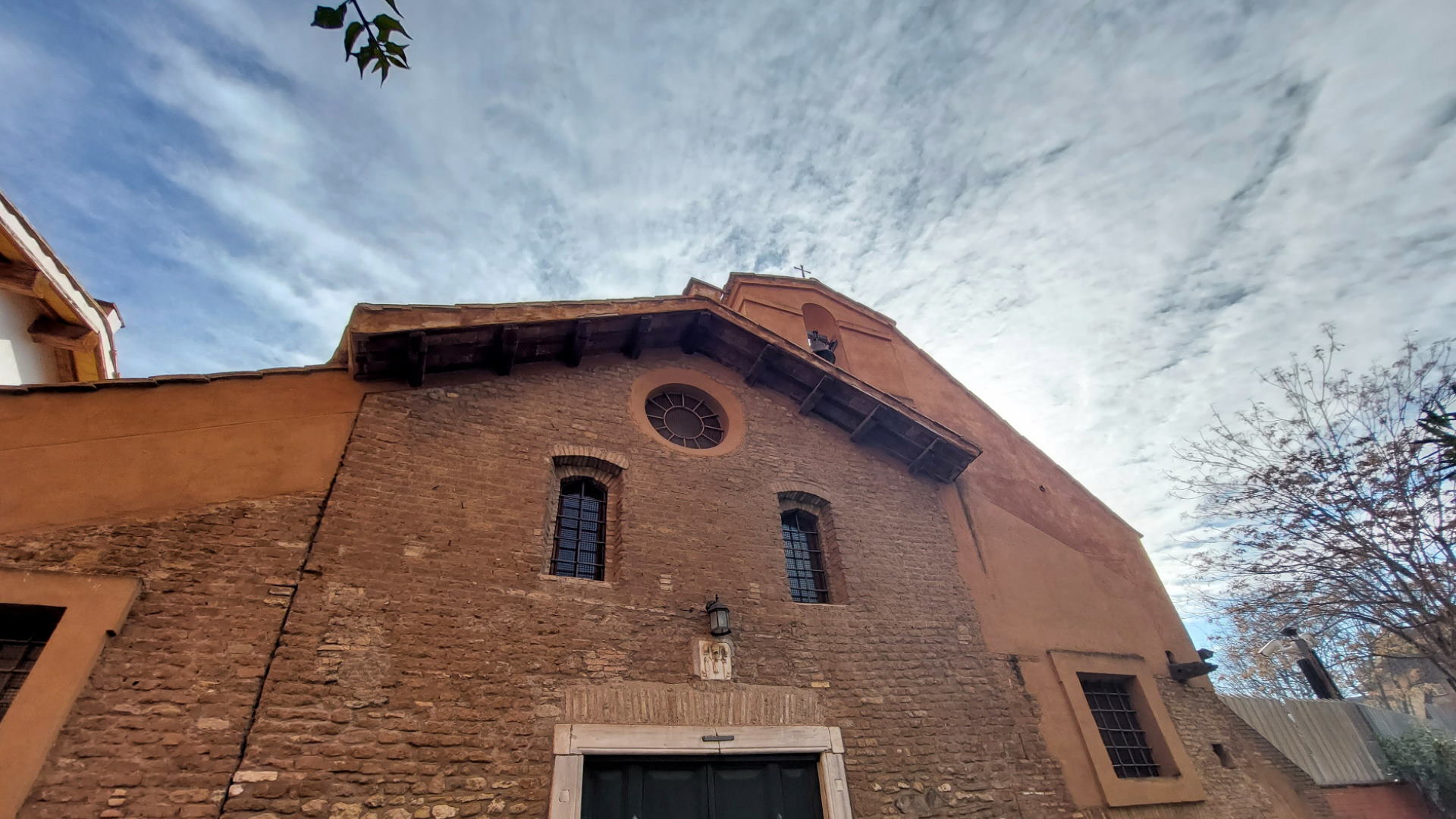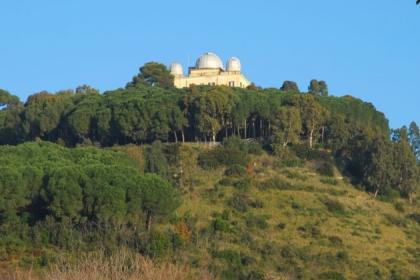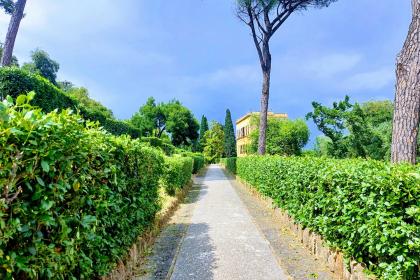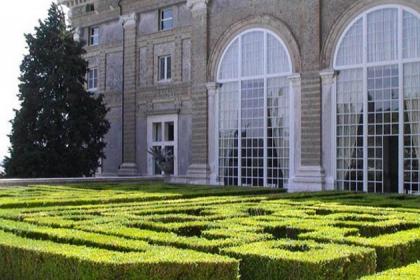
A taste of medieval Rome: mostly unknown and squeezed between modern buildings, the small church stands at the foot of Monte Mario, on the final stretch of the ancient route of the Via Francigena, one of the main ways into Rome for pilgrims from northern Europe.
Known today as San Lazzaro in Borgo or San Lazzaro dei lebbrosi, according to tradition it dates back to the end of the 12th century. The foundation story is that a French pilgrim was healed of his leprosy and funded a church dedicated to St Mary Magdalen. Next to the church there was an inn, a “hospitale”, for pilgrims. The dedication was changed to St Lazarus in the 15th century, after the inn had been transformed into a lazar house, allegedly the first in Italy and Europe.
The position of the church just outside the city walls also made it the setting for some rituals that concerned the pontiff and the papal see: some sources say that when newly-elected popes were abroad when elected, they stopped in the church and wore the necessary vestments before heading towards St. Peter’s. And always here the cardinals met the messengers coming from foreign countries.
The complex was ruined in the Sack of Rome in 1527, but was restored by the French priest Domenico Gallison a decade later. His name (corrupted in Gargonza) is mentioned in a plaque next to the main altar. Starting from the first decades of the 1800s, the church and the adjoining hospital were abandoned. There is no trace of the lazaret today, while the church was restored in the 1970s and early 2000s.
The exterior of the church is simple and austere, in Romanesque style. The façade has a single entrance surmounted by the keys of St Peter, indicating the former responsibility of the Chapter of St Peter’s, a rose window and two single-lancet windows. On the right hand side, there is a bellcote for a single bell. Under a trussed wooden roof, inside the central nave is separated from the aisles by arcades on reused ancient columns. In the apse there are remains of old wall frescoes showing Christ with the prayer “Salvator mundi salva nos”. The painting with St. Mary Magdalene on a side altar was donated to the church by the Confraternity of the Vinedressers in the 16th century.
Monte Mario Nature Reserve

 Condividi
Condividi
Villa Mazzanti

 Condividi
Condividi
Villa Madama

 Condividi
Condividi
Information
The church is open only during special events, for the times of the masses and visiting conditions please contact the church of San Giuseppe al Trionfale.
 Condividi
Condividi
Location
To find out about all accessibility services, visit the Rome accessible section.












































